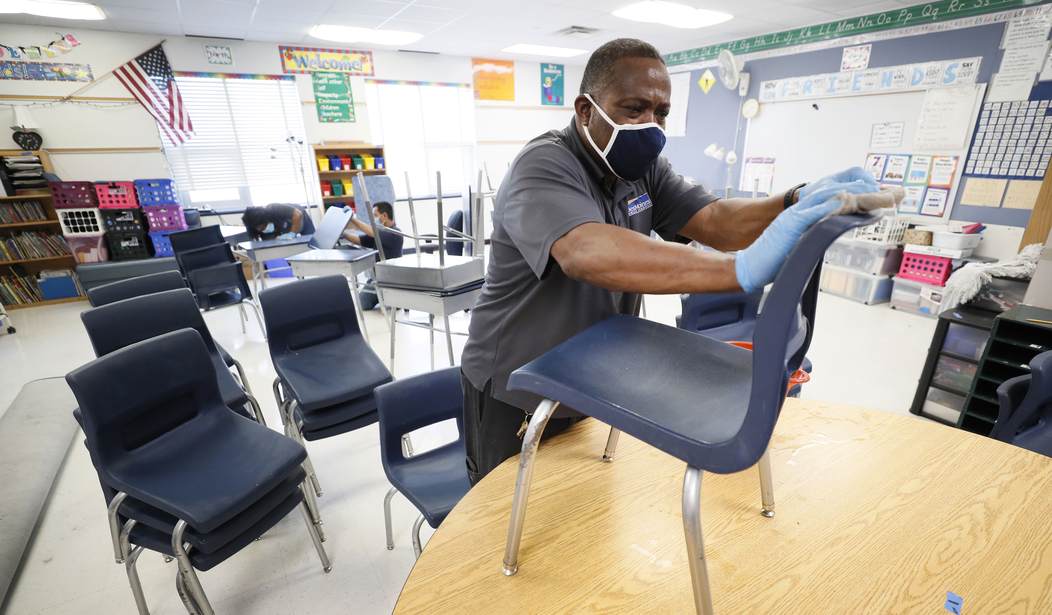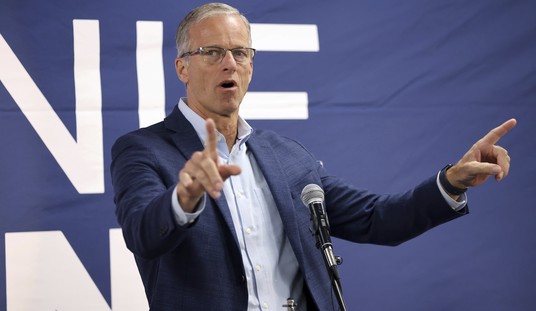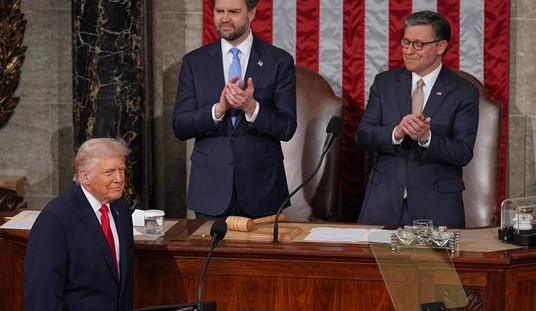I’ve said this before, and I’ll say it again: Conservative voters and others who believe parents should have the right to decide where and how their children are educated should also be keeping an eye on Republican lawmakers who side with progressives on this issue. Iowa provides a prime example of GOP lawmakers refusing to support legislation to ensure that the state is funding students instead of systems. Fortunately, Gov. Kim Reynolds, who has supported failed school legislation for years, is showing that she means business.
Earlier this year, Gov. Reynolds extended a legislative session to pass school choice legislation to make sure that tax dollars are allocated to fund students instead of the public school system, which has been presenting far-leftist ideas on race, gender, and sexuality in K-12 classrooms.
When speaking with the media, the governor often referred to a report from Accuracy in Media (AIM) which featured covert recordings of Iowan educators discussing how they were developing ways to continue teaching so-called progressive ideas to their students.
Unfortunately, the proposed legislation failed by only a few votes, with the help of some Republican state lawmakers. Reynolds decided it was payback time and it seems her efforts paid off.
After the bill was voted down, Reynolds threw her support behind those challenging the anti-school choice Republican incumbents in the primaries. Four of these individuals were defeated. One of these individuals was Dustin Hite, who chaired the House Education Committee and was also backed by the teachers union. Other pro-school choice candidates won open seats.
School choice will be a cornerstone in Reynolds’ re-election campaign. Now that she has helped to remove Republicans opposing the initiative, it might have a much better chance of making it through the state legislature.
The Des Moines Register reported:
In the five other races, Reynolds backed incumbents facing challengers, or new candidates in open seats who she said were favorable to her agenda. She spent the five days preceding the election on the campaign trail, appearing with most of her endorsed candidates to help drive turnout ahead of the primary.
Reynolds’ tactics riled some of the Republican primary candidates, who said ahead of the primary that they support Reynolds but were disappointed that she would wade into their races — in some cases without calling them first to speak with them.
The governor told reporters she thinks Republican lawmakers will work as “one team” after the primary season, but that she still felt she needed to get more involved in the races.
“I can’t stand on the sidelines and not do anything,” Reynolds said. “This is going to be a key issue in my campaign. I’m going to talk about it all summer. I’m going to work with candidates that support it.”
The governor is now in a much better position to advance school choice in Iowa. But the fact that she even had to resort to such lengths further demonstrates that not all Republicans are keen on letting parents make their own decisions for their kids. This is not the only example of GOP lawmakers blocking legislation to provide more options for parents.
In Georgia, House Speaker David Ralston, a Republican, squashed a $6,000-per-student voucher program because a nonprofit group initiated a mail flyer campaign designed to push other GOP lawmakers to support the measure. In essence, he, and his colleagues scuttled the bill because they were upset that an organization was criticizing them. This reasoning is so petty that it shows they were looking for any excuse to kill the bill.
Texas is another example. Despite its legislative and executive branches being dominated by Republicans for decades, it has failed over and over again to establish school choice measures. This issue presented itself once again when Gov. Greg Abbott endorsed GOP candidates for state legislature who took money from teacher’s unions and were opponents of school choice. The fact that the Lone Star State is one that has implemented much of the woke programming being introduced in K-12 classrooms is even more of a cause of concern if they aren’t willing to make it easier for parents to remove their children from the public school system.
With progressives aggressively pushing their agenda in public schools, parents need educational alternatives now more than ever. But if we are going to make this happen, we must be aware that we will be fighting Republicans almost as much as Democrats.













